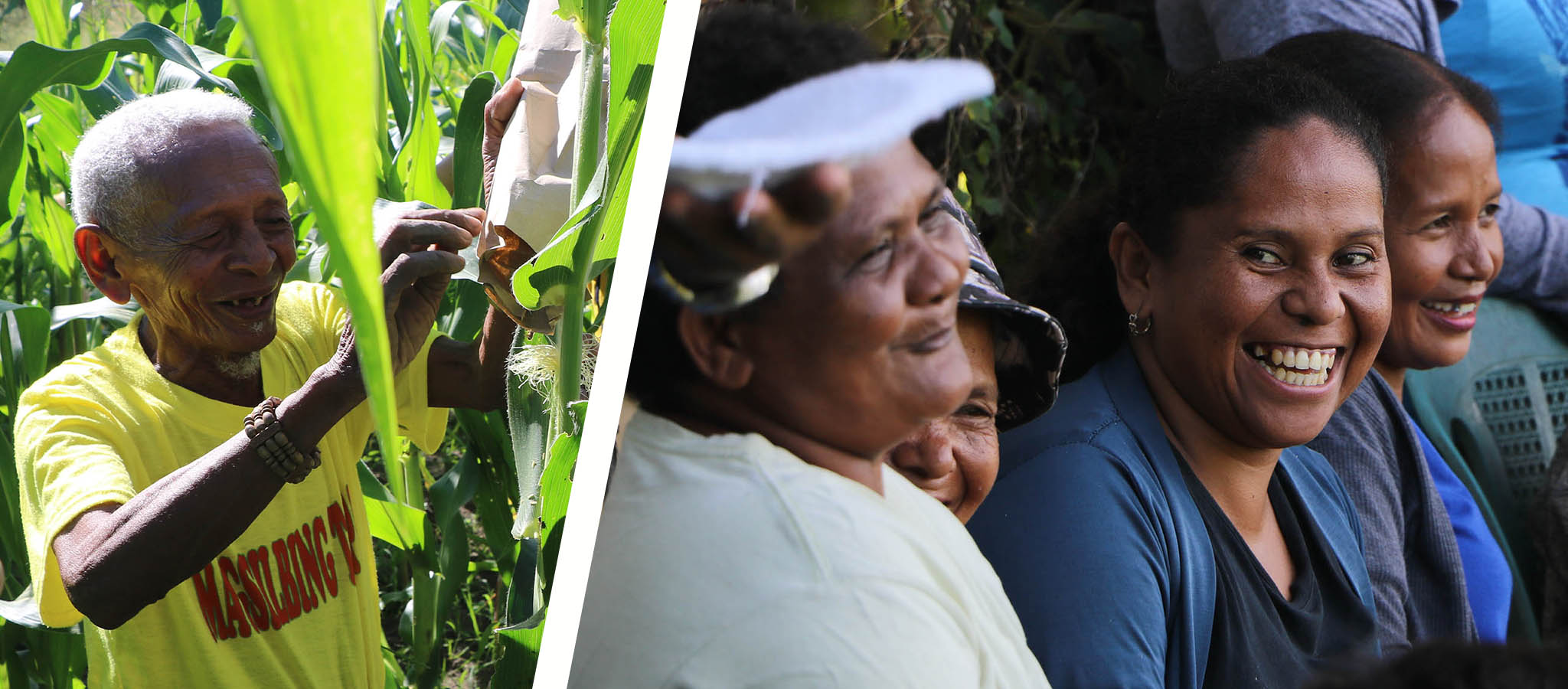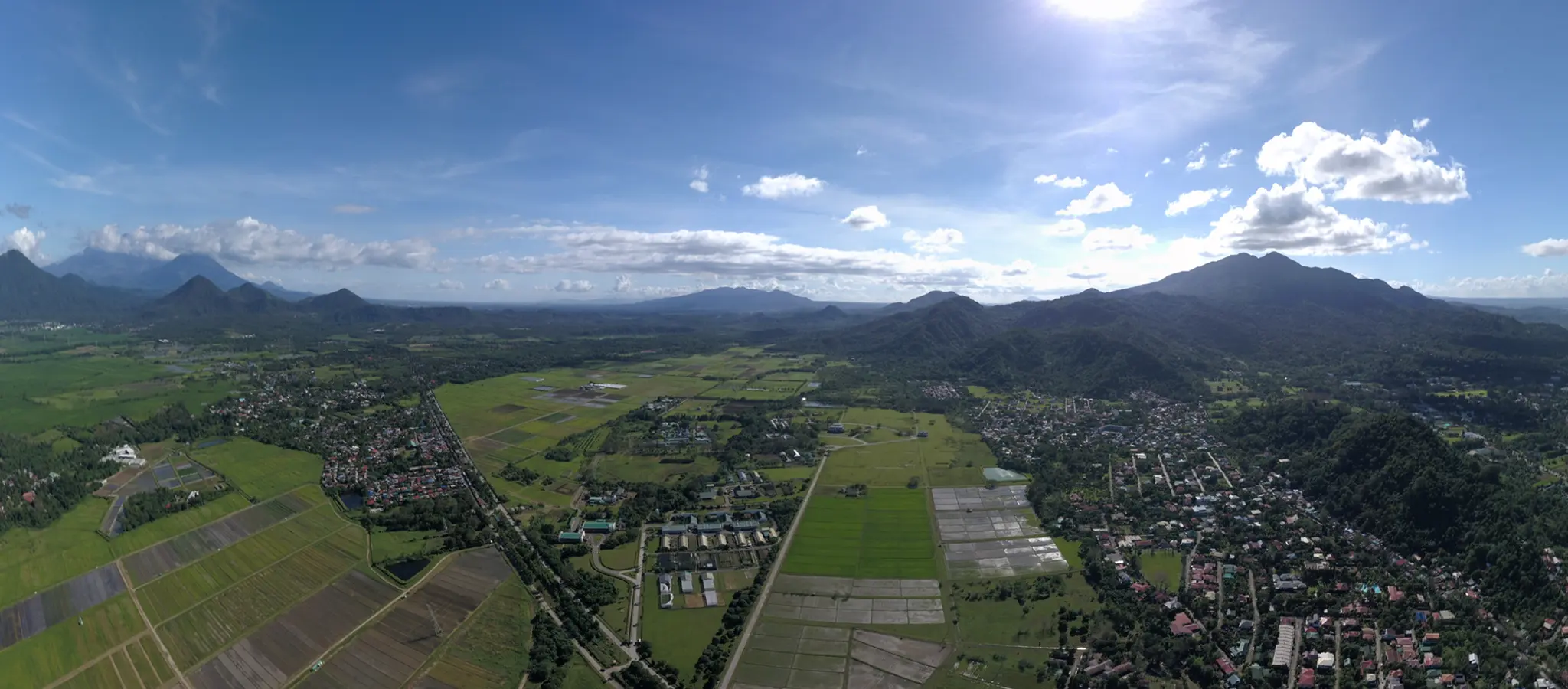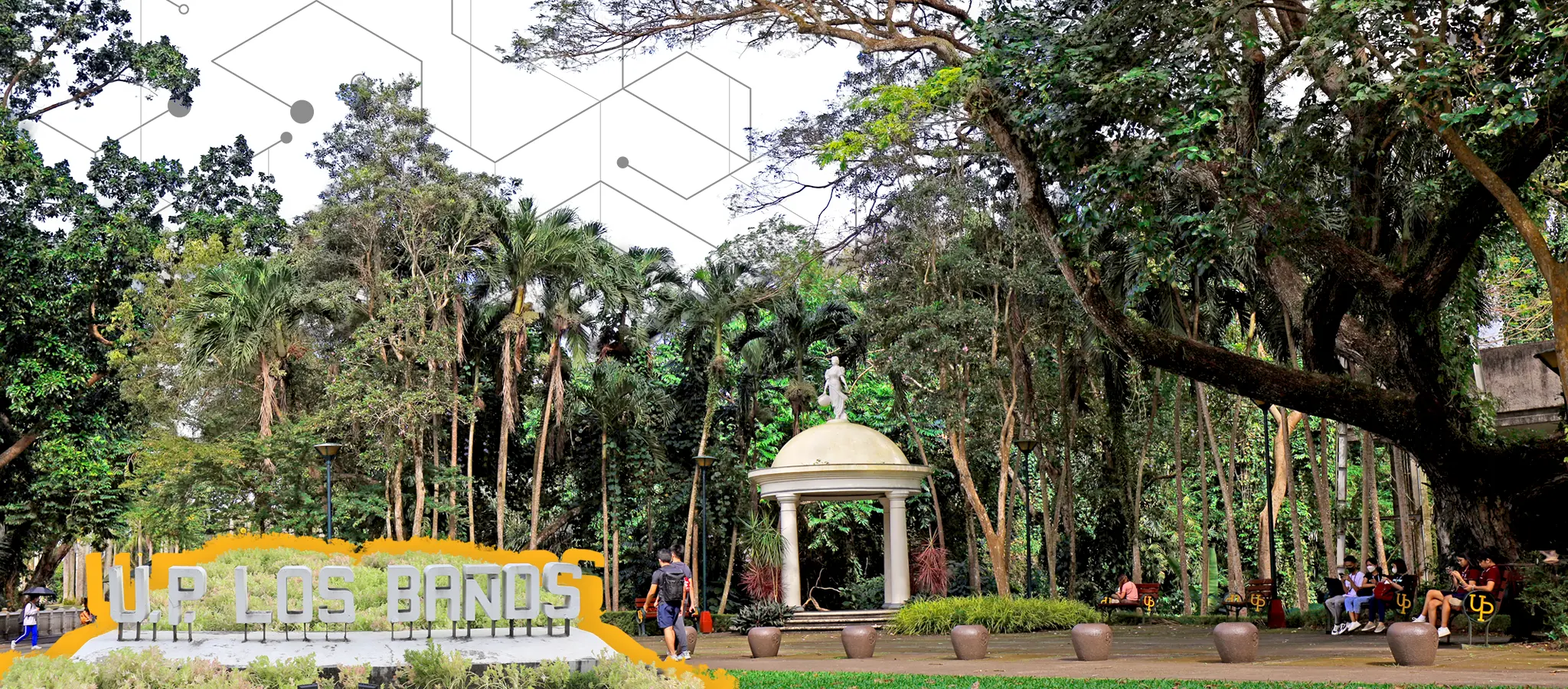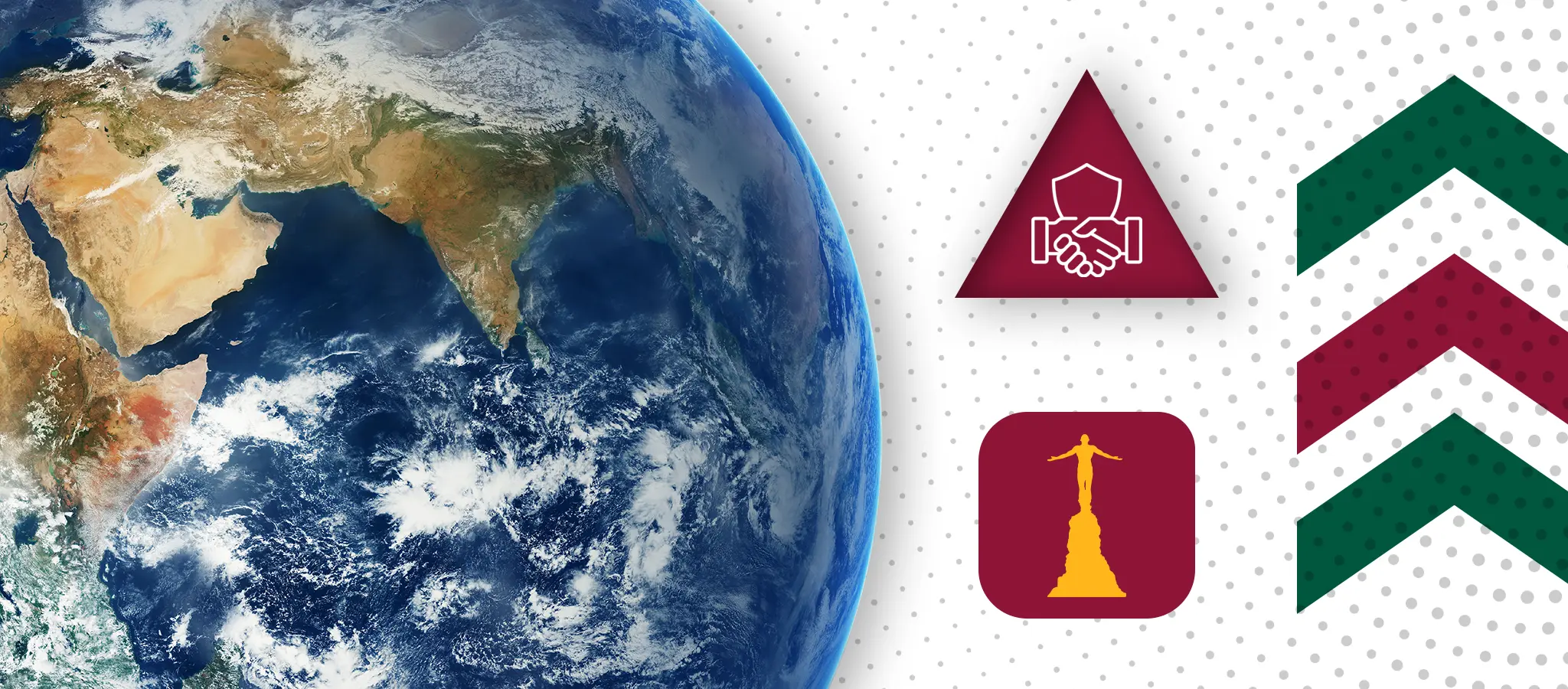
From rapid industrialization due to technological advancements resulting in massive economic development on the one hand, and serious environmental, ecological, and even mental deterioration on the other, we have now come to a point of seeking “balance” among these different aspects of our lives.
We have made progress despite challenges across different fronts, including geo-political differences, north-south technological and economic divide, and differences in fundamental understanding of development. The gains are being threatened by the current pandemic. Is it? Or is the pandemic also an opportunity to push for the much-needed change in our communities to achieve sustainable development?
More than three decades since the report of the Brundtland Commission, the quest for sustainability or the so-called balance continues to be elusive and even controversial. But the key that will open the door toward a more sustainable society may just be in plain sight.
In a webinar held on July 13, Dr. Denise Margaret S. Matias, a Filipina research scientist from Biodiversity and People at the Institute for Social-Ecological Research in Germany, proposed the idea of emulating the livelihood patterns of indigenous people in the Philippines to achieve an “ecological post-COVID-19 society” where people are engaged in diverse livelihoods in a sustainable manner. This idea came to her while researching the sustainability of the honeybee livelihood of the Tagbanwas of Palawan. According to her, we can learn a lot from the practices of the IPs in the country, and we can use these IP practices as alternatives to the current dominant economic system.
Specialization and the loss of traditional skills. The current economic system brought us highly specialized workers who are needed in the industrialization process that requires efficiency and the use of special machines. While this resulted in economic wonders in some respect, it also created a “high skill” – “low skill” divide. According to Dr. Matias, “high skills” are usually high paying but may result in loss of other skills, including common household skills. “Low skills” receive lower pay, but skills are locked-in or preserved. While the IP livelihood system requires some level of assigned roles and tasks, it does not result in loss of other skills.
Appropriateness of technology. Mechanization has reduced interaction with nature, according to Dr. Matias. While technology and mechanization resulted in increased production and rapid economic development in many parts of the world, promotion and adoption should be studied very well considering appropriateness and suitability in the local area.
Livelihood diversification and resilience. Related to specialization is the lack of the diversity of income sources of many people, which is the opposite of that of the IPs. According to Dr. Matias, the implication of this is quite evident in the current pandemic as many have lost their jobs with nothing to turn to. According to her, the IP livelihood pattern of diversification – honeybees during its season and then vegetable farming afterward – is a good way to mitigate the effects of future shocks or events that create physical and psychological distress, such as the COVID-19 pandemic. Furthermore, diversification forces people to use other skills that otherwise may be lost under a highly specialized single job setup.
Personal satisfaction, work-life-balance, and well-being. This is probably the aspect of livelihood that receives the least attention but is equally important. In addition to diversified livelihood and skill conservation, other benefits of IP livelihood include personal satisfaction and improved well-being. The diversity in livelihood removes monotony in the daily routine and provides a sense of freedom. According to Dr. Matias, this arrangement leads to “work that fits into life” instead of the other way around, leading to better well-being of workers.
The proposed framework of Dr. Matias provides a holistic approach for improving various aspects of general well-being, according to Mayo Grace C. Amit, a faculty member at the College of Public Affairs and Development (CPAf) who served as discussant during the webinar. Amit acknowledged the advantages of the concepts and principles of IP livelihood, especially its potential contribution to sustainable development and the interdependency of communities towards the achievement of shared growth. But at the same time, she said that the characteristics of IP communities, such as being small and homogenous might not be the reality in most parts of the country. Considering this, she asked, “if the Filipinos’ sense of community is ripe enough to push this forward, what is the way forward to catalyze the change, and who will champion this idea into reality?”
But these questions do not mean that Dr. Matias’ alternative way of living is not possible. As Mayo points out, the current pandemic lockdowns forced us to rethink lifestyles and recalibrate interdependence within community members. The current situation is a fertile ground to apply the framework and to rebuild community resilience anchored on livelihood and delivery of basic services.
The policy seminar entitled “Indigenous livelihood portfolio as an economic framework for an ecological society” was organized by the Center for Strategic Planning and Policy Studies of CPAf, UPLB.
Photos by Christopher V. Labe
Share this on:



